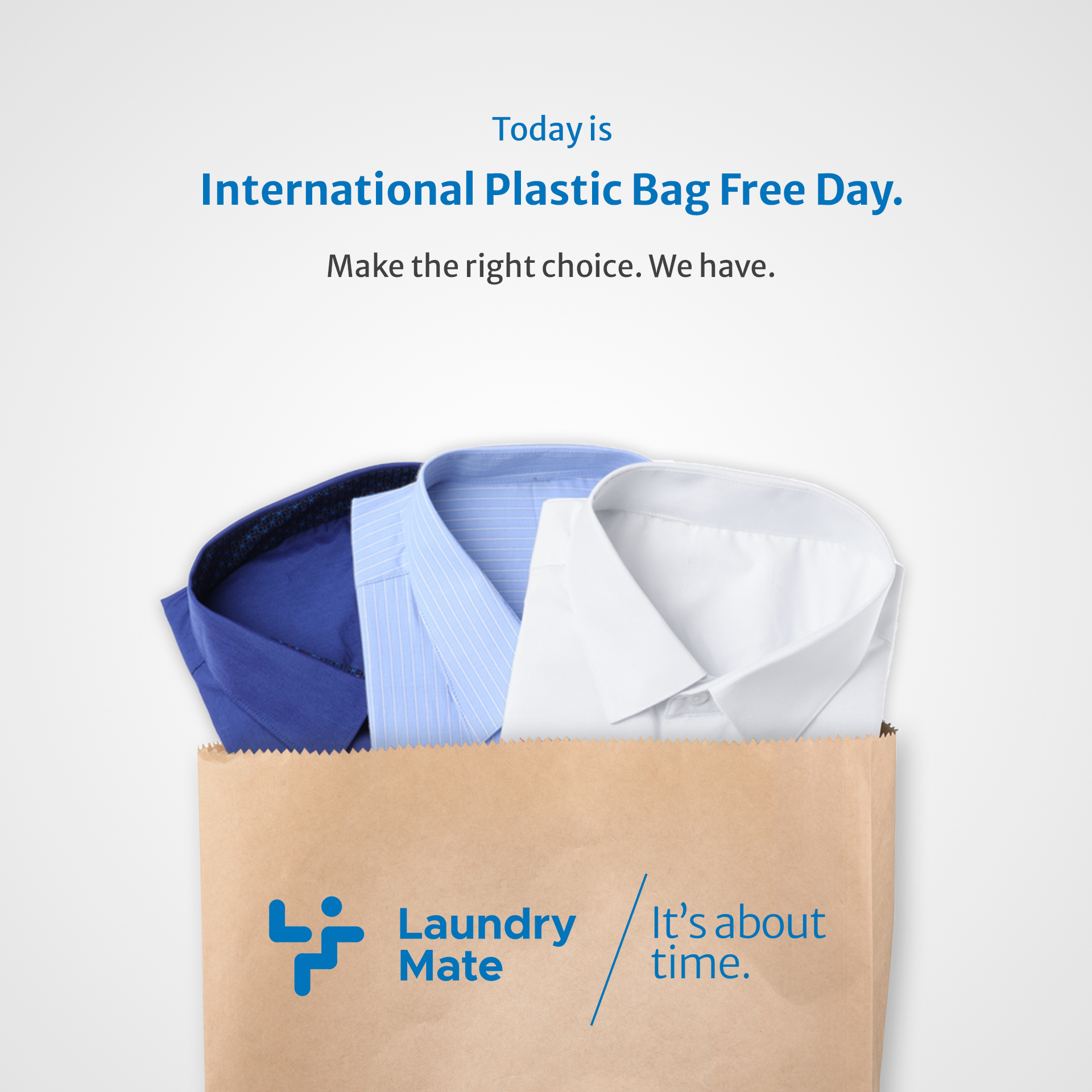
From individuals to multinational corporations, people worldwide are making conscious efforts to reduce plastic bag consumption and embracing sustainable packaging options.
On International Plastic bag free day, we reflect upon the global plastic pollution crisis and the urgent need for sustainable alternatives in this space.
Plastic pollution has wreaked havoc on our planet, contaminating our land, waterways, and ecosystems. Plastics production has surged over the past 50 years, from 15 million tonnes in 1964 to 311 million tonnes in 2014 and is expected to double again over the next 20 years, as plastics come to serve increasingly many applications. Currently, packaging represents 26% of the total volume of plastics used.
Each year, at least 8 million tonnes of plastics leak into the ocean – which is equivalent to dumping the contents of one garbage truck into the ocean every minute.[1] If no action is taken, this is expected to increase to two per minute by 2030 and four per minute by 2050. In a business-as-usual scenario, the ocean is expected to contain 1 tonne of plastic for every 3 tonnes of fish by 2025, and by 2050, more plastics than fish (by weight). [1]
From individuals to multinational corporations, people worldwide are making conscious efforts to reduce plastic bag consumption. Businesses are introducing innovative alternatives to single-use plastic, embracing sustainable packaging options, and encouraging customers to join the movement.
Within our daily routines, even the smallest steps towards a plastic bag free lifestyle can create a significant impact.
- Using plastic free garbage bags,
- Having groceries collected in jute/cloth bags instead of plastic bags,
- Buying milk stored in glass jars instead of plastic packets,
- Purchasing refills that are recyclable etc. are some steps that most households follow religiously today.
At LaundryMate, we have always believed and quoted ‘Sustainability is at the heart of LaundryMate’, and it is one of our guiding principles in business here.
Our key initiative in this space is to deliver all processed clothes of our consumers in neatly packed recyclable, reusable packaging. Once the delivery is done, the consumer can choose to return these bags to us, and we ensure they are reused. Disposal of these bags, otherwise also cause no damage to the environment. We also have compostable bags for hanger-led services which are biodegradable in nature.
In our commitment to embrace sustainability, we shall continue to make conscious choices helping build a cleaner, greener planet.
If you would like to share an interesting story on your brand or company following green practices, especially if you are a start-up, do please share it with us on our social media handles.
Reference:
[1] https://www.mckinsey.com/~/media/McKinsey/dotcom/client_service/Sustainability/PDFs/The%20New%20Plastics%20Economy.ashx
